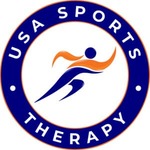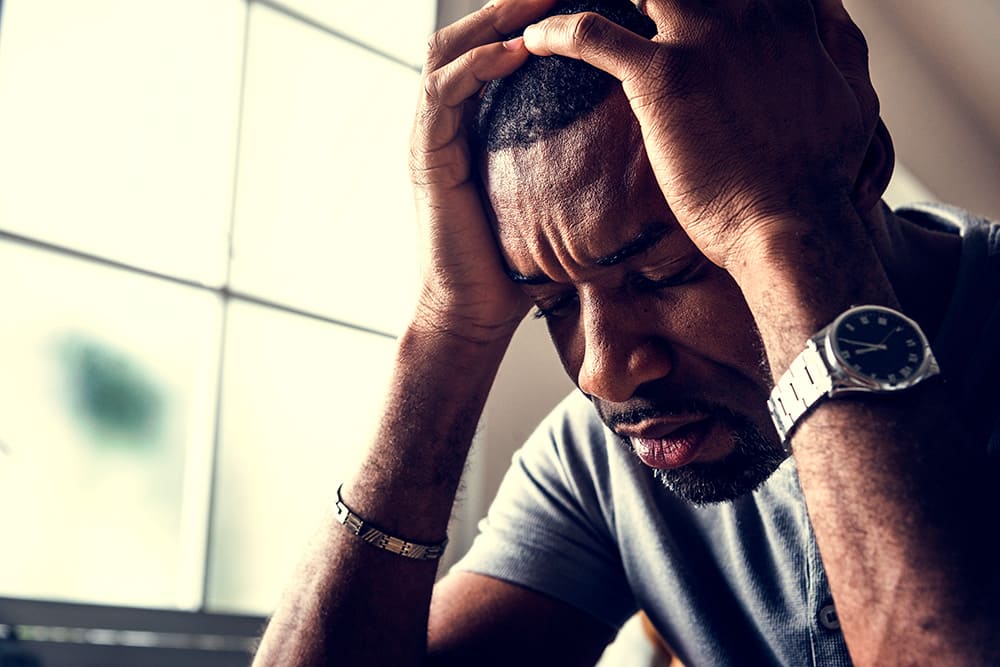How Can Treatment Help Post-Concussion Syndrome?
Recent research and articles that have appeared in the press have focused on the dangers of a concussion and its effects to long term health. Here in Miami, we have specialized rehabilitation that focuses on debilitating symptoms, such as headaches, balance disturbances, dizziness, and memory. With the help of a highly trained physical therapist, you can make great strides against post-concussion syndrome.
From sports professionals to back-yard sports enthusiasts to performers and entertainers as well as grandmothers, relief from the symptoms of a concussion can be attained. The NIH has stated that, “More than 1 million mild traumatic brain injuries occur nationwide each year.”
What is responsible for most of the concussions? While we think that sports may be the worst culprit, studies have shown that car crashes and falls account for most of them. Next to that, athletics and recreational sports, such as biking and skateboarding account for many injuries. A major portion of concussions has been known to happen to children while participating in sports at school or afterward.
What is Post Concussion Syndrome?
You are probably asking what the signs of this disorder are; they vary and can sometimes last for weeks or months. Diagnosis is made by a doctor in the presence of some of these symptoms:
- Dizziness
- Headache
- Fatigue
- Memory problems
- Concentration problems
- Vertigo
- Insomnia
- Sleeping problems
If you have recently had a blow to the head, an accident, or a fall, it may be time to find out more about PCS. According to the Mayo Clinic, violent shaking and movement of the head or body can cause a concussion or this mild traumatic brain injury.
Are the Symptoms Permanent?
Symptoms occur seven to ten days after the concussion. They may last for weeks or several months following the initial concussion. In some people, the problems can last for a year and even longer. The severity of the impact itself does not affect the risk of PCS.
Admitting that there is a problem is often the first step in treating PCS. Taking things day by day is good for recovery. Parents can avoid pressuring their kids to return to sports too soon, before they are really ready.
Because each case of PCS is different, what works for one person may not work for another. Trying new things is a great way to find out what works for you.
What are Some of the Treatment Options?
According to the Concussion Foundation, there is no single treatment that will help alleviate the symptoms. Therapies identify the symptoms that are the worst and target those to eliminate or reduce them.
Treatment is aimed at decreasing the symptoms, once a diagnosis is made. Physical therapy along with cognitive behavior therapy may help in treating symptoms. Specific exercise interventions administered by a physical therapist can help improve balance, increase strength, and assist with improving concentration on given tasks. Cognitive behavior therapy may help in some cases, and working with a physical therapist may help in other areas. Treatments may also be aimed at decreasing depression or anxiety resulting from the concussion.
How Can You Avoid a Concussion?
Motor vehicle accidents and falls are the major sources of PCS. While we think of a concussion as sports-related, there are other ways that it can happen. However, there are some steps that can be taken to reduce the risk. These include:
- Helmets
- Stair gates for young children
- Playing on soft surfaces
Good sportsmanship also goes a long way in preventing brain injuries, especially for athletes who should be practicing sportsmanship both on and off the field. Within the game or at practice, among high school athletes, more than two-thirds (70%) of concussions result from contact with another player.
Getting Treatment for PCS Symptoms
Although resting and gradually returning to activities can clear up symptoms of PCS, in some people it may take longer. Doctors suggest that trying active treatments may be the best path when symptoms are not resolving on their own. Some of the treatments that can be tried include:
- Neuro-optometric rehabilitation
- Vision therapy
- Balance therapy
- Physical therapy
- Exertional therapy
- Cognitive-behavioral therapy
Recommended by the Concussion Legacy Foundation, these experimental therapies have had good results for those who have tried them.
Physical Therapy, Balance Therapy, and More
One of the solutions offered was physical therapy. It can help those with PCS by offering relief from injuries that may be making the concussion symptoms worse.
If you live in the Miami area and you or a family member has PCS, we have eight locations and can create a personalized plan of treatment. We have therapists at USA Sports Therapy who are trained in rehabilitation for concussions. Our focus is on balance disturbances, headaches, dizziness, and memory to get you back on the road to health. Rehabilitation is a way to change the ramifications of an incident, as shown by recent research.
We have the goal of ridding our patients of pain as well as improving their function so that they can return to doing what they love. In South Florida, there are so many wonderful sports in which to participate, whether its football, soccer, golf, tennis, swimming, running, or walking; one needs to feel their best to become active again. We want to get our patients out doing what they love again! Give us a call at 305.935.9599 to schedule a consultation and find out more about our treatments for post-concussion syndrome.

